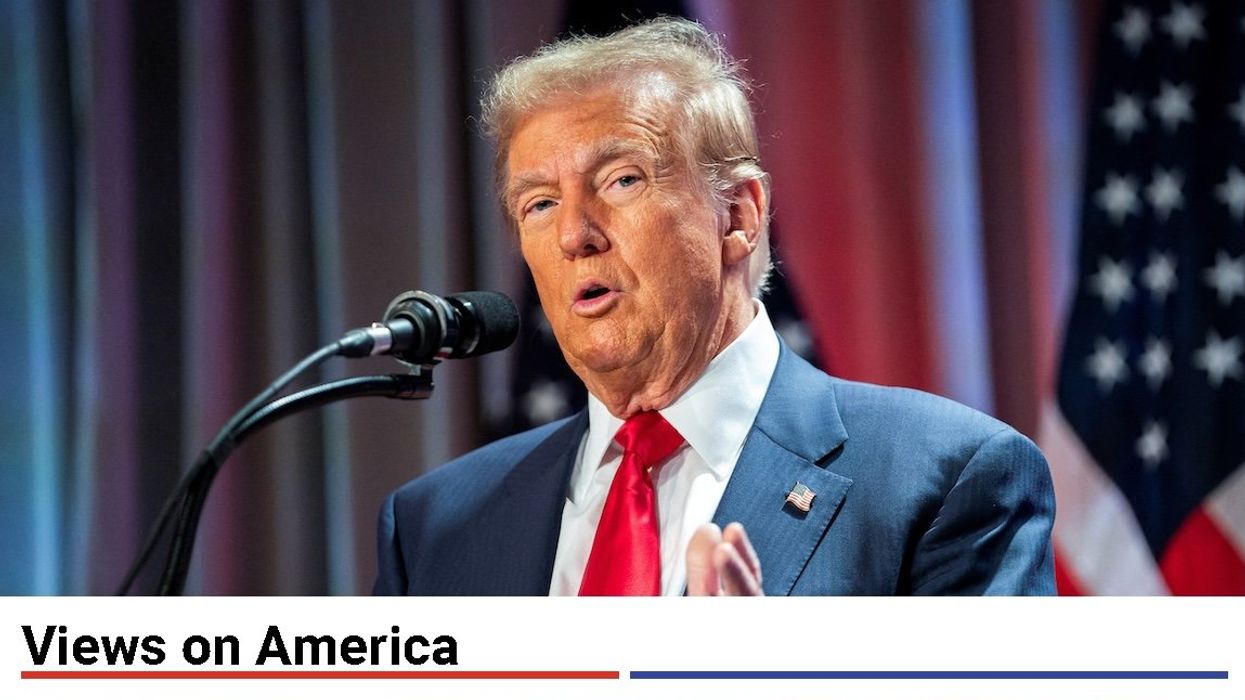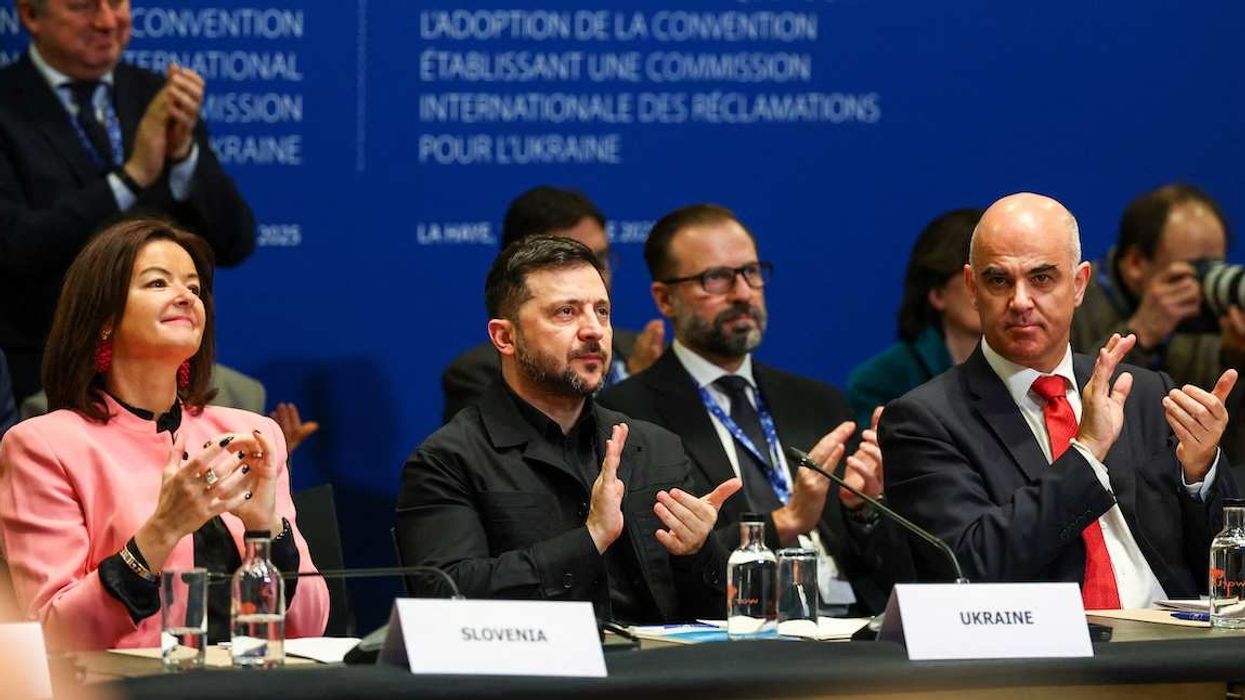Tokyo has shared “serious concerns” with Beijing after a Chinese aircraft carrier traversed a section of the sea within Japan’s contiguous waters for the first time on Wednesday. This took place between the islands of Yonaguni and Iriomote, off Taiwan’s east coast. Owing to Yonaguni’s proximity to Taiwan, smaller Chinese vessels conduct regular drills and patrols in its vicinity.
Chinese incursions into Japanese waters are common, with hundreds of incidents every year. Japan is most concerned, however, by maneuvering near the Senkaku Islands, which China also claims. There are intrusions around that archipelago almost daily.
To beef up its own position in the conflict, Tokyo has embarked on military reform and diplomatic strengthening of ties with other democracies in the region. This, says David Boling, Eurasia Group’s director for Japan, is to remind China that “You may be bigger than us, but we’ve got more friends.” Tokyo is also in talks with the US to host a deployment of intermediate-range missiles that China would hate to see deployed so close to the mainland. The Chinese Ministry of Foreign Affairs addressed the missiles in a press conference on Wednesday, the same day that the carrier made its close transit.
Japan is in the middle of its own election campaign for the leader of the Liberal Democratic Party, who will then replace outgoing Prime Minister Fumio Kishida. All the likely winners take strong stances on China deterrence and are hoping for backup from whoever wins the White House in November.
“One of the things that is always at the top of their minds when a new US president comes in is an assurance that the security agreement between the US and Japan extends to the Senkaku Islands,” says Boling.



















